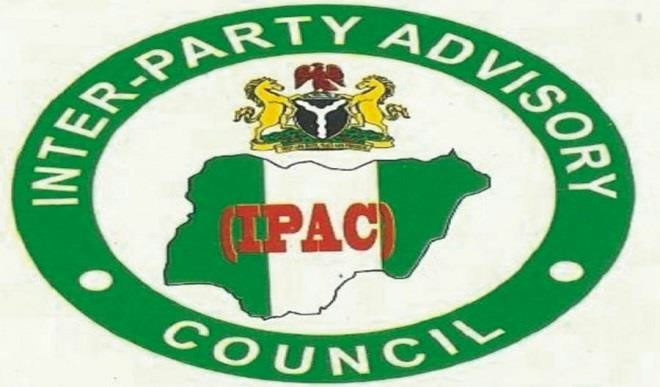Minister of Humanitarian Affairs and Poverty Reduction, Professor Nentawe Yilwatda, has announced that six million Nigerians have benefitted from the Federal Government’s Conditional Cash Transfer (CCT) programme in the last six months.
Speaking in Jos during a session with participants of the ongoing Skills-to-Wealth (S2W) training initiative, the minister contrasted the recent figures with those of previous years.
He explained that only two million citizens had been supported through the CCT programme over a span of nine years under the former approach.
“Before now, the programme only reached about 200,000 people annually. We’ve introduced a more structured and digitalised process that allows us to identify, verify, and reach people faster,” he said.
According to him, the ministry is now digitising entries on the national social register. Each household is being given a digital identity and an e-wallet account, and a physical verification process is being conducted to ensure accuracy. Many unverifiable entries have been removed from the system, he added.
“In six months, we’ve already assisted six million individuals, which means we are now reaching roughly one million people each month,” Yilwatda stated.
He further revealed that the administration is targeting 15 million households by October, following a directive from President Bola Ahmed Tinubu to complete disbursements within a nine-month timeframe.
“The President is fully committed to reaching 15 million Nigerians, and we are on course to achieve this by the set deadline,” he added.
To ensure transparency and credibility, Yilwatda said the ministry invited the World Bank to independently verify the identities of the first four million beneficiaries.
“We wanted third-party validation, so the World Bank deployed a team to conduct home visits. They were able to verify 96 per cent of the recipients. The remaining four per cent were either unreachable due to displacement or living in remote areas,” he explained.
On the Skills-to-Wealth programme, the minister noted that the initiative focuses on empowering youths in agriculture, renewable energy, and the automobile sector, providing them with skills that can help lift them out of poverty.











Leave a Reply